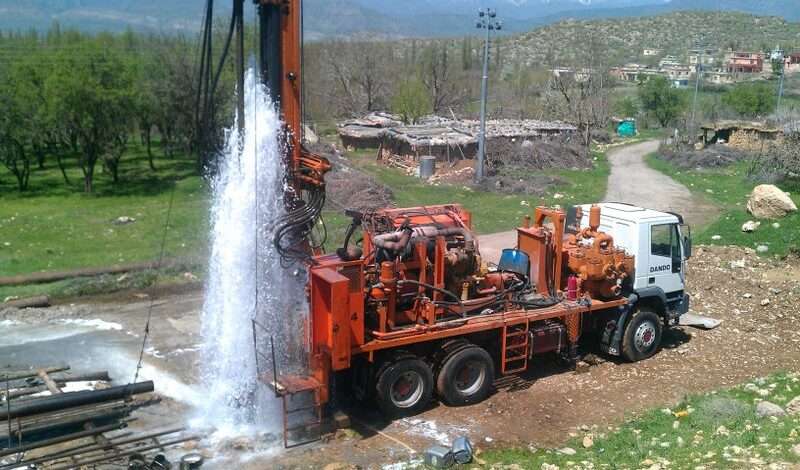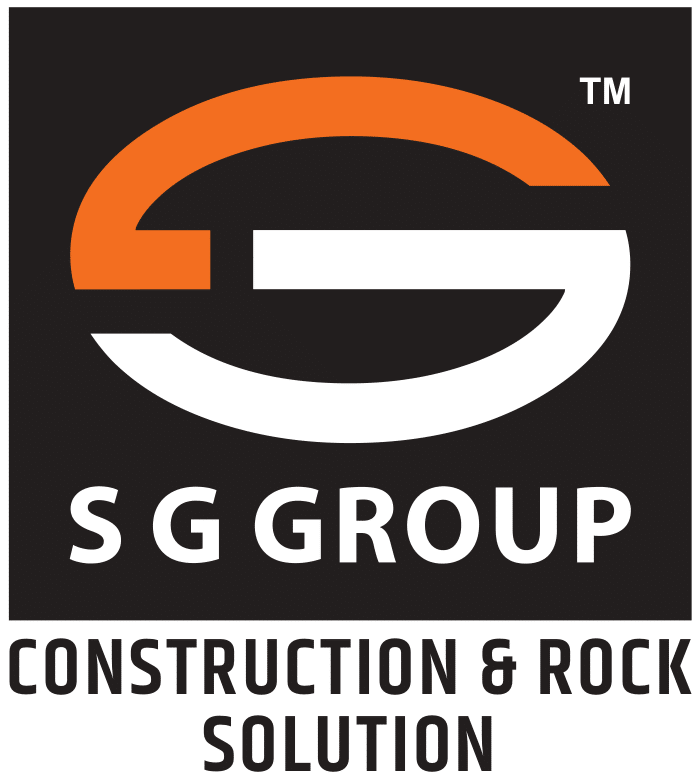
A borewell and drilling service involves the drilling of boreholes or wells into the ground to access groundwater. This service is crucial for various purposes, including water supply for residential, agricultural, industrial, and commercial needs. Here are the key aspects of borewell and drilling services:
-
Site Assessment:
- Before drilling begins, a thorough site assessment is conducted to determine the geology of the area. This helps in selecting the appropriate drilling equipment and techniques.
-
Regulatory Compliance:
- Borewell drilling is subject to local regulations, and obtaining necessary permits is a crucial step in the process. Compliance with environmental and safety standards is essential.
-
Drilling Equipment:
- Specialized drilling rigs and equipment are used for borewell drilling. The type of equipment depends on factors such as the depth of the borewell, soil and rock conditions, and the intended use of the well.
-
Drilling Techniques:
- Various drilling techniques may be employed, including rotary drilling, percussion drilling, and auger drilling. The choice of technique depends on the geological characteristics of the area.
-
Well Casing:
- Once the borehole is drilled, it is lined with casing to prevent the collapse of the hole and to protect the quality of the water. The casing is typically made of materials like PVC, steel, or concrete.
-
Installation of Pumping System:
- After the borewell is drilled and cased, a pumping system is installed to extract groundwater. The type of pump and the depth at which it is set depend on the water table and the intended use of the well.
-
Water Quality Testing:
- Water samples are often collected and tested to ensure that the groundwater meets quality standards. This is crucial for determining the suitability of the water for consumption and other uses.
-
Maintenance and Repairs:
- Borewell and drilling service providers may offer maintenance and repair services to ensure the continued functionality of the well. This can include cleaning, well rehabilitation, and fixing any issues with the pumping system.
-
Documentation:
- Proper documentation, including drilling logs, construction details, and water quality test reports, is provided to the client. This information is important for future reference and regulatory compliance.
-
Safety Measures:
- Safety protocols are followed during the drilling process to prevent accidents and ensure the well-being of the workers and surrounding communities.
When hiring a borewell and drilling service, it’s important to work with experienced professionals who are familiar with local regulations and geological conditions. They should use reliable equipment, adhere to safety standards, and provide comprehensive services from site assessment to well maintenance.
